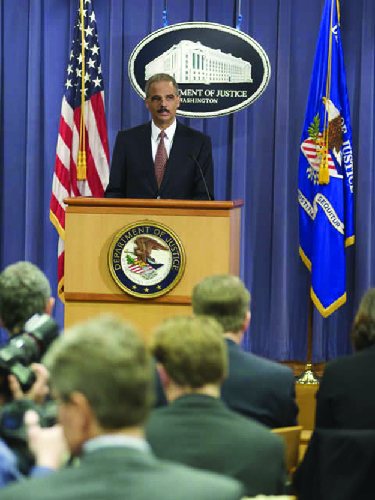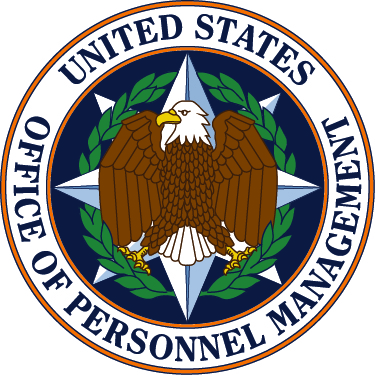| << Chapter < Page | Chapter >> Page > |

Many years ago, the merit system would have required all applicants to also test well on a civil service exam, as was stipulated by the Pendleton Act. This mandatory testing has since been abandoned, and now approximately eighty-five percent of all federal government jobs are filled through an examination of the applicant’s education, background, knowledge, skills, and abilities.
Civil service exams currently test for skills applicable to clerical workers, postal service workers, military personnel, health and social workers, and accounting and engineering employees among others. Applicants with the highest scores on these tests are most likely to be hired for the desired position. Like all organizations, bureaucracies must make thoughtful investments in human capital. And even after hiring people, they must continue to train and develop them to reap the investment they make during the hiring process.
One of the significant advantages of the enormous modern U.S. bureaucracy is that many citizens find employment there to be an important source of income and meaning in their lives. Job opportunities exist in a number of different fields, from foreign service with the State Department to information and record clerking at all levels. Each position requires specific background, education, experience, and skills.
There are three general categories of work in the federal government: competitive service, excepted service, and senior executive service. Competitive service positions are closely regulated by Congress through the Office of Personnel Management to ensure they are filled in a fair way and the best applicant gets the job ( [link] ). Qualifications for these jobs include work history, education, and grades on civil service exams. Federal jobs in the excepted service category are exempt from these hiring restrictions. Either these jobs require a far more rigorous hiring process, such as is the case at the Central Intelligence Agency, or they call for very specific skills, such as in the Nuclear Regulatory Commission. Excepted service jobs allow employers to set their own pay rates and requirements. Finally, senior executive service positions are filled by men and women who are able to demonstrate their experience in executive positions. These are leadership positions, and applicants must demonstrate certain executive core qualifications (ECQs). These qualifications are leading change, being results-driven, demonstrating business acumen, and building better coalitions.

What might be the practical consequences of having these different job categories? Can you think of some specific positions you are familiar with and the categories they might be in?

Notification Switch
Would you like to follow the 'American government' conversation and receive update notifications?